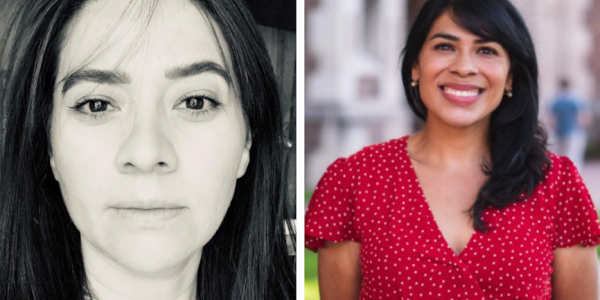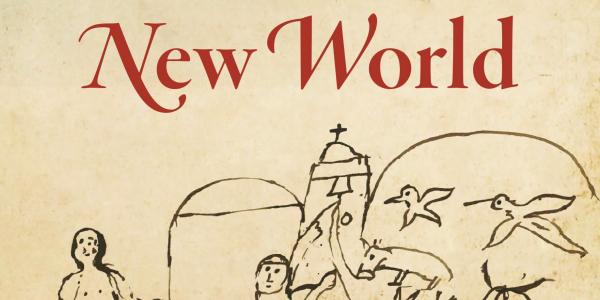Christina Ramos studies the history of medicine and public health through the lens of empire, religion, and colonial institutions.
Her research focuses on the sixteenth through eighteenth centuries in the territories of the Spanish empire, exploring how medical knowledge, religious practice, and colonial authority converged to shape understandings of illness and the institutional forms devised to manage it. She examines hospitals as colonial spaces of both charity and coercion; the spiritual and medical labors of Catholic nursing orders; the Inquisition’s role as both a moral tribunal and a repository of medical testimony; and the lived experience of sickness, suffering, and care within colonial society.
Her first book, Bedlam in the New World: A Mexican Madhouse in the Age of Enlightenment (UNC Press, 2022), examines madness and institutional care in colonial Mexico through the history of the Hospital de San Hipólito in Mexico City—the first hospital in the Americas dedicated to the custody and care of the mentally disturbed. By probing the hospital’s deepening ties to the Inquisition and its entanglement with criminal courts, the book treats San Hipólito as both a microcosm and a colonial laboratory of Enlightenment-era governance. It received several awards, including the Berkshire Conference of Women Historians Book Prize (non-women and gender category), the Philip J. Pauly Prize, and the Cheiron Book Prize, among others.
Her current book project, Nursing an Empire: Hospitals and Global Health in the Hispanic World (working title), places nursing at the heart of early modern medical practice and colonial expansion. Focusing on Catholic nursing orders—especially the Order of San Juan de Dios—it explores how religious caregivers, mostly men bound by vows of chastity and service, provided medical care across a far-flung network of hospitals stretching from Granada to Manila. Far from peripheral, these nurses were key agents of empire, offering bodily care, spiritual discipline, and institutional leadership in hospitals that advanced both healing and colonial rule. The project foregrounds the gendered, embodied, and devotional labor that sustained early modern health regimes, while critically rethinking nursing itself—not as a timeless or feminized vocation, but as a historically contingent form of religious labor, moral authority, and imperial infrastructure. By tracing the circulation of caregivers, practices, and therapeutic ideals across the Spanish empire, the book reframes nursing as both a local act of compassion and a global tool of colonization and control.
She teaches widely on the history of medicine and colonial Latin America.







